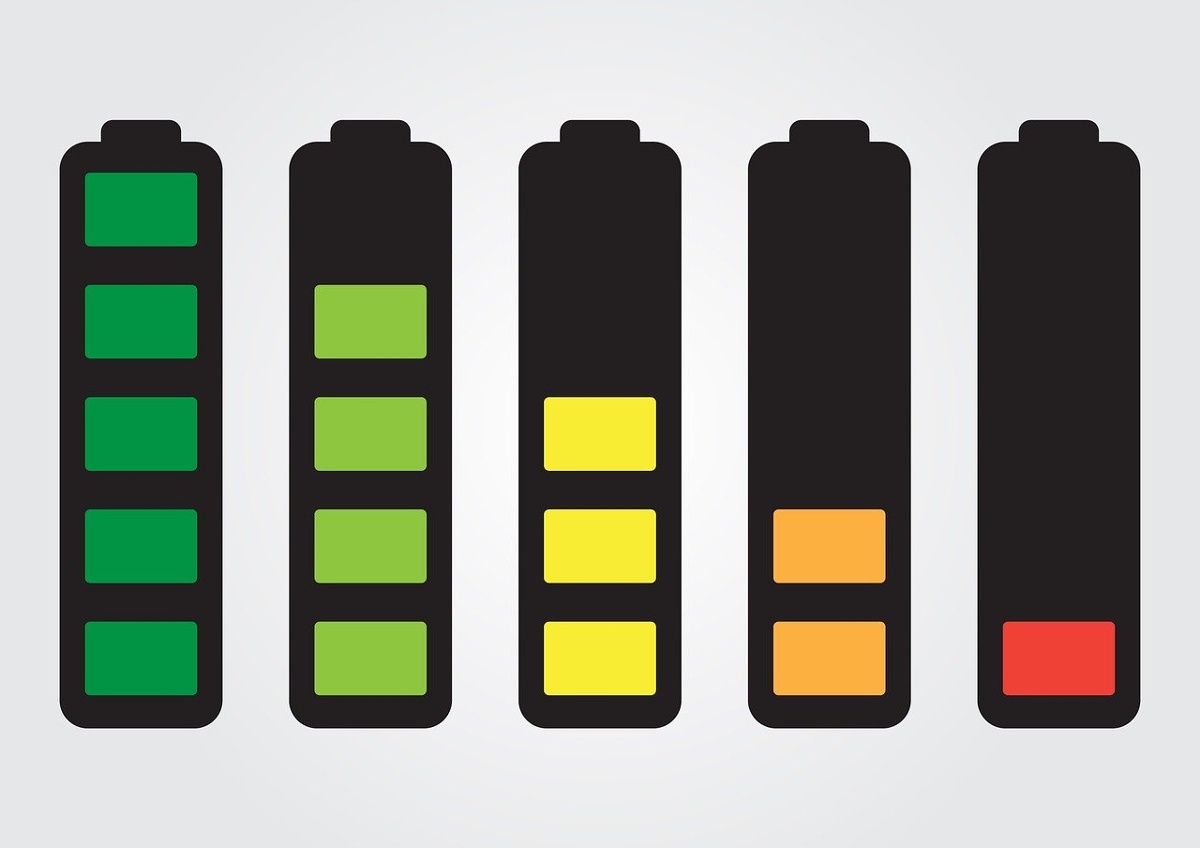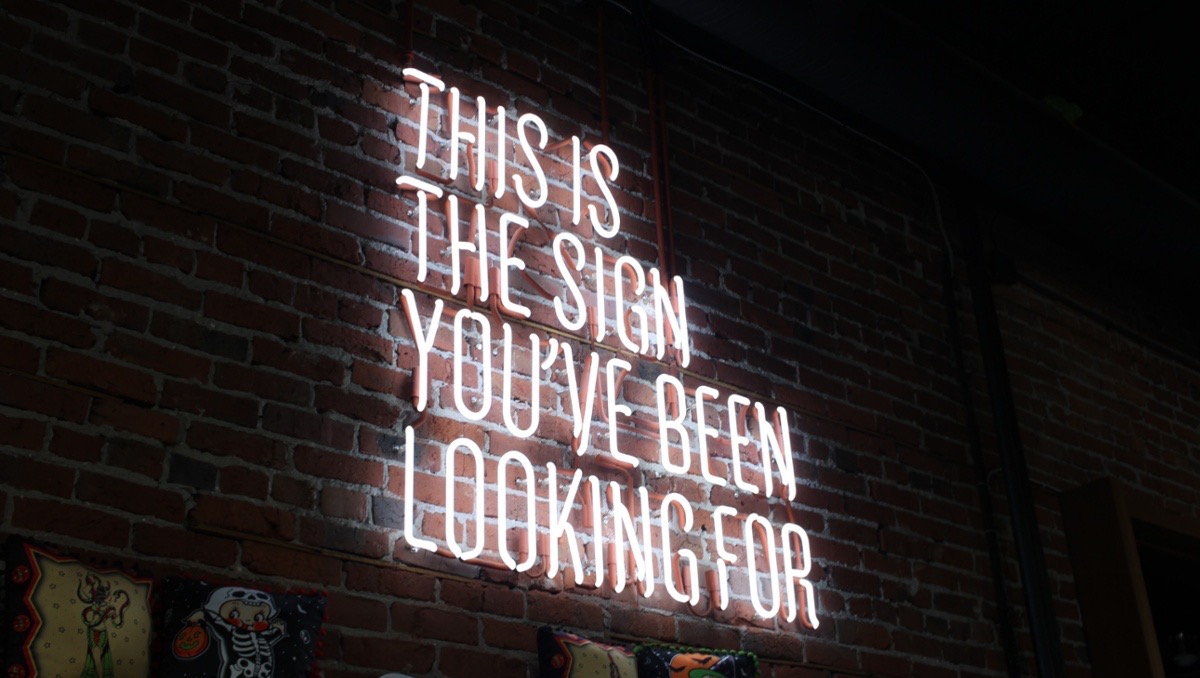Sick and Tired of Societal Norms
My Mama used to say that a person will change once they are sick and tired of their circumstances. I just want to know when will society be sick and...

I can connect with my clients' sense of feeling alone because of their neurodivergence because I am there too. There is something inexplicably lonely about wanting to have consistent meaningful contact with the world around you but feeling as though it is inaccessible to you. I have experienced so many missed opportunities, failed friendships, and procrastinated projects because I am trying to avoid two foes...shame and hurt.
Neurodivergent means that my brain functions in a unique and individual way, diverging from the typical thought processes of the general population. Despite this, I have encountered individuals who, with good intentions, have tried to teach me how to overcome what they perceive as a "lack of common sense." However, what they fail to understand is that my neurodivergence is not a deficiency to be corrected, but rather a different way of processing information and interacting with the world around me. I embrace my neurodivergent identity and the strengths and challenges that come with it, and I have learned to advocate for myself in situations where others may not fully grasp my perspective.
Compensatory skills are the strategies and techniques that neurodivergent individuals like myself develop to navigate a world that may not always understand or accommodate our unique processing styles. These skills are not a way to "fix" or mask our neurodivergence, but rather a means of adapting and thriving in a neurotypical-centric society. From creating visual schedules to using noise-cancelling headphones, these skills help us manage our environments and communicate our needs effectively. It's important to recognize and celebrate the ingenuity and resilience that comes with developing these compensatory skills, as they are a vital part of our neurodivergent identity.
Codeswitching and masking are two common coping mechanisms that I use as a neurodivergent person of color to navigate social situations and interactions. Codeswitching involves adjusting one's communication style, language, or behavior to better fit in with a particular social group or setting. This can often involve consciously or unconsciously mimicking the behavior of neurotypical individuals in order to avoid standing out or drawing unwanted attention.
On the other hand, masking refers to the act of camouflaging or hiding one's neurodivergent traits in order to appear more neurotypical. This can be incredibly taxing and draining for neurodivergent individuals, as it often involves suppressing natural tendencies and behaviors in order to conform to societal expectations. Masking can lead to feelings of inauthenticity and can exacerbate feelings of isolation and alienation.
While codeswitching and masking can be useful strategies for navigating certain social situations, it's important to recognize the toll that they can take on a neurodivergent individual's mental and emotional well-being. It's crucial for neurodivergent individuals to have spaces where they can truly be themselves without fear of judgment or rejection, and where they can embrace and celebrate their unique neurodivergent identity.
Pattern recognition is an aspect of neurodivergent thinking that often goes unrecognized or misunderstood by neurotypicals. It refers to the ability to identify and make sense of patterns in various stimuli, whether it be visual, auditory, or even social cues. Neurodivergent individuals like myself may excel in pattern recognition, allowing us to see connections and relationships that others may overlook. This skill can be a source of strength and insight, enabling us to problem-solve and navigate the world in a way that is truly our own.
At times, my keen pattern recognition skills can become a hindrance when people deviate from expected patterns. This unexpected deviation throws me off course, leaving my brain scrambling to find its way through the complexities of navigating daily life.
I have a habit of meticulously organizing and arranging everything within my sight, as it helps me to remember the items I have. From my favorite books to important documents, everything has its designated place in my visual field. This visual organization serves as a safety net for me, ensuring that nothing slips through the cracks of my memory. Without this visual reminder, I often find myself struggling to recall where I placed certain items or important belongings.
Understanding the true message behind someone's communication can be a complex task for me. Deciphering conflicting signals from their body language, tone, and choice of words often leaves me asking numerous follow-up questions. My aim is not to prove myself right but to ensure I understand correctly.
Moreover, my communication style sometimes leads people to underestimate my intelligence. Opting for simpler language, skipping over enunciation, or struggling with small talk may give off the impression of lacking depth. While I possess an extensive vocabulary, I reserve its display for discussions on topics close to my heart. It's in those moments that I witness the spark of realization in others' eyes, perhaps revealing a side of me they never knew existed.
Throughout my life, I've often been teased for having "book smarts" but lacking common sense. My family playfully suggests that if you were to turn the spoken information into a written form, I would grasp it better. And you know what? I can't help but agree with them. Books have a way of clearly stating their message or providing enough evidence for me to make strong connections based on the given information.
Honestly, my neurodivergence poses challenges in my social interactions because I may come across as difficult or uninteresting. My strong sense of justice drives me to do what is right simply because it is the right thing to do. I don't require constant supervision to uphold ethical standards or show respect to others. My emotions are sensitive, making criticism hit harder for me compared to neurotypical individuals. Research even suggests that it takes five compliments to counteract one negative comment, highlighting the impact of criticism on me. Therefore, I find myself analyzing the patterns behind the words spoken to avoid similar remarks in the future. I strive to understand human behavior and to have my actions understood in return. I don't conform to conventional beliefs about authority, tradition, or societal norms; instead, I seek to unravel the reasons behind the status quo.
Despite diligently utilizing my compensatory skills daily, delving into the study of human behavior, and absorbing information about neurochemistry, there will always be moments where I falter. Some inherent flaw may result in me becoming the subject of someone's ridicule or, even worse, necessitate a meeting with a figure of authority to address the issue at hand. And in those instances, a shutdown inevitably follows.
Shutdowns can be a challenging aspect of neurodivergence that many may not fully understand. When experiencing a shutdown, it can feel like the world around you is overwhelming and impossible to navigate. For me, it takes days to fully recover from a shutdown as my mind and body need time to reset and recharge. It's not just a matter of needing a break or a rest - it's a deep internal process that requires patience and understanding. Shutdowns are a reminder of the way in which neurodivergent individuals like myself process and interact with the world, and it's important for others to recognize and respect this aspect of our experiences.
As a child, my meltdowns manifested as quietly lying across my bed, tears silently streaming down my face for reasons I couldn't quite grasp. Though they were hushed, the intensity of emotions overwhelmed me. Journaling became my lifeline during these challenging moments. After masking my struggles all day, I would retreat to my room, pouring my heart out onto pages upon pages. Now, as an adult, my meltdowns have transformed into a more vocal expression of my inner turmoil. They have evolved alongside me, taking on new meanings and depths that I continue to explore.
I have purposefully written this blog about the neurodivergence experience without assigning a diagnosis to my symptoms. Why, you may ask? Because there are thousands more like me out there. We do not have a neat label or a definitive diagnosis to explain our differences. Individuals who, like me, face the daily struggles of navigating a world that often feels unwelcoming.
Each day is a journey of trying to make sense of our minds and our place in a society that may not always understand or accommodate our needs. We may feel lost at times, grappling with a sense of otherness that sets us apart from the norm.
The judgements and misunderstandings that we face can weigh heavily on our spirits, but we continue to persevere, seeking connection, empathy, and validation in a world that often fails to see us for who we truly are. Our experiences may not fit neatly into a diagnostic box, but they are valid, meaningful, and worthy of acknowledgment.
So, to all my fellow neurodivergent souls out there, know that you are not alone. Your journey is mines too, your voice is valuable, and your presence in this world is a gift. Together, we can strive for a more inclusive and understanding society, where differences are celebrated and embraced with open hearts and minds.

My Mama used to say that a person will change once they are sick and tired of their circumstances. I just want to know when will society be sick and...

I am inviting you, to step inside my mind. Let’s take a deeper look inside me and how I see therapy. I use creative works to provoke thought (or...

As a mental health professional, having an unbiased perspective is paramount. However, sometimes we perpetuate biases and are ableist without even...